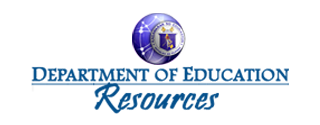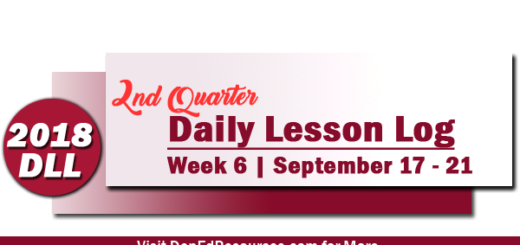Effective Use of Open School Data Addresses Education Concerns, Battles Corruption
Department of Education (DepEd) Secretary Leonor Magtolis Briones encouraged all stakeholders to make use of available data and information from the Department to help address issues and battle corruption in the education sector.
The Education chief highlighted this during the International Policy Forum on Using Open School Data to Improve Transparency and Accountability in Education which was held from January 24 to 26 at the Southeast Asian Ministers of Education Organization Regional Center for Educational Innovation and Technology (SEAMEO INNOTECH) in Quezon City, Philippines.
This effort was conducted in close partnership with the United Nations Educational, Scientific and Cultural Organization-International Institute for Educational Planning (UNESCO-IIEP), and was attended by researchers, policy-makers, civil society representatives, and other education stakeholders from 15 different countries.
“We’d like to encourage the media, communications groups, research groups, and all education stakeholders to take advantage of our seriousness in sharing information so that we can enrich our public discussion of issues of education,” Briones stated.
Freedom of information
In compliance to Executive Order No. 2, series of 2016 (Operationalizing in the Executive Branch the People’s Constitutional Right to Information and the State Policies to Full Public Disclosure and Transparency in the Public Service and Providing Guidelines Therefor)—the government’s response to the call for transparency and full public disclosure of information—DepEd caters to education stakeholders’ requests for information about the Department’s transactions and operations, provided that it shall not put into jeopardy privacy and matters of national security.
“The Department is a very strong advocate of freedom of information, and is devoted and active in promoting transparency and accountability… We have a communications group, so any entity or individual who asks for information from us may access the data or information, if such are available,” Briones pointed out.
Extended reach of information
UNESCO National Commission of the Philippines (UNACOM) Secretary-General Lila Ramos Shahani underscored the need to craft strategies and devise efforts that will enable a greater reach of school data and information, especially to those who do not have access to the internet.
School report card, transparency board
Undersecretary for Planning and Field Operations Jesus L.R. Mateo also mentioned the publication of school report card and the creation of transparency board in schools placed in strategic areas, both aim to disclose vital school information to education stakeholders, including the student enrollment, school funding, pupil-teacher ratios, teacher qualifications, among others.
“The benefit of having a platform, such as the school report card and transparency board, is that it ensures to earn greater participation from stakeholders. The stakeholders use the data provided to come up with programs or efforts that will address precisely education issues,” Mateo explained.
Moreover, UNESCO-IIEP Director Suzanne Grant Lewis emphasized that while open education data has the ability to be a real game changer, the process must not stop at disclosure, hence policies and capacity development initiatives must exist to close gaps and further improve the quality and service delivery of education.
The participants of the Forum tackled the most critical data for improving transparency and revealing corruption; the ways to ensure the reliability of information; and the probability of having negative effects when using open school data, based from the major outcomes of an IIEP research project on open school data conducted in Australia, Bangladesh, India, Indonesia, Pakistan, and the Philippines.
The Forum also discussed actions that will ensure the impact of data on accountability once made public, and culminated with the formulation of policy guidelines aimed at supporting access to more reliable, usable and effective data.
Furthermore, to promote the Philippine tourism industry during the three-day international forum, DepEd partnered with the Tourism Promotions Board (TPB) which provided participants with tokens such as brochures, notebooks, magnetic Philippine Flag pin, destination luggage tags, and non-woven pouch bags.
Source:
- Deped Press Release
- January 30, 2018















